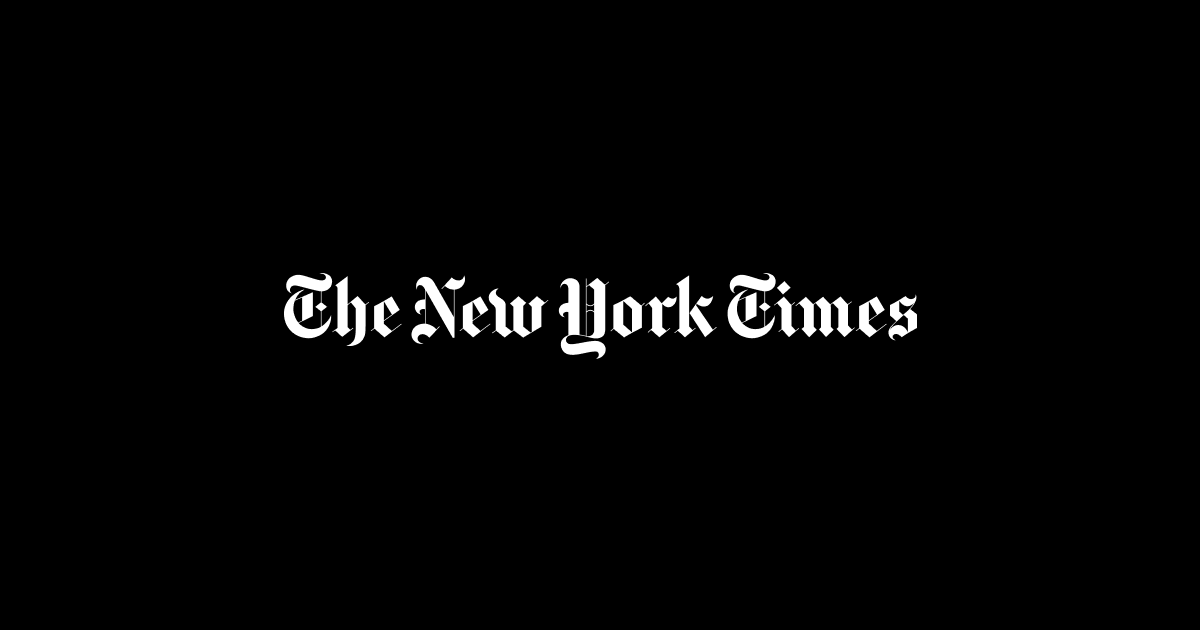The pace of inflation in Britain slowed for a second consecutive month in December, but was still in the double digits, keeping household finances under pressure.
Consumer prices rose 10.5 percent in December from a year earlier, down from 10.7 percent the previous month, with rising food prices and prices at hotels and restaurants offsetting lower gasoline and clothing prices, the Office said. for National Statistics Wednesday. Prices of food and non-alcoholic drinks rose by 16.8 percent in December from a year earlier, slightly faster than the previous month.
The overall declines come after inflation reached a 41-year high of 11.1 percent in October.
The inflation peak appears to be over, similar to trends in the United States, where the headline inflation rate has been declining for six months, and in the eurozone, where inflation fell below double digits in December. But central bankers, tasked with bringing inflation back to their 2 percent targets, are far from ready to declare victory.
For much of the past year, higher energy prices were the main driver of inflation in Britain, leading to more expensive electricity and gas bills for households. With wholesale natural gas prices falling, central bankers remain concerned about the extent to which the energy shock is still affecting the economy and the impact of the tight labor market. They see the risk of inflation becoming entrenched as companies raise prices to compensate for higher costs and as companies raise wages significantly to attract scarce workers when the cost of living is high.
And so policymakers who set interest rates have played on domestic signals of inflation to try to assess how persistently higher prices will be, by analyzing wage growth and increases in services inflation.
In Britain, core inflation, which excludes energy and food prices due to their volatility, held stubbornly at 6.3 percent in December, the same as the previous month, the statistics agency said on Wednesday. Prices for services rose faster in December than the previous month.
To achieve price stability, the central bank “must ensure that any self-sustaining momentum of inflation at rates above the 2 percent target is squeezed out of the system by limiting demand,” said Huw Pill, the Bank’s chief economist. or England. earlier this month.
Over the course of a year, the central bank raised interest rates from 0.1 percent to 3.5 percent and is expected to raise rates again at its next meeting in early February.
Separate data released Tuesday showed average wages rose 6.4 percent in the three months to November compared to the same period a year earlier, the fastest pace ever recorded outside of pandemic lockdowns, as changes in employment hit the skew data.
But even at this rate, wages are not keeping up with inflation. The loss of purchasing power after more than a decade of sluggish wage growth, especially for civil servants, has been partly responsible for a wave of strikes in various sectors across Britain. Nurses will walk out again in February in a fight with the government over higher wages.
Earlier this month, Prime Minister Rishi Sunak made five pledges to the British in a speech that sought to restore optimism as the country was mired in strikes and a worsening crisis among emergency health services seeking better pay. Among the promises were pledges to grow the economy this year and cut inflation in half. While Britain’s growth prospects are very weak, inflation was already widely expected to fall sharply this year, as the impact of last year’s rise in natural gas prices is outside the annual calculations.
The Bank of England forecast that inflation would slow to 5.2 percent in the fourth quarter of this year, assuming higher interest rates.

